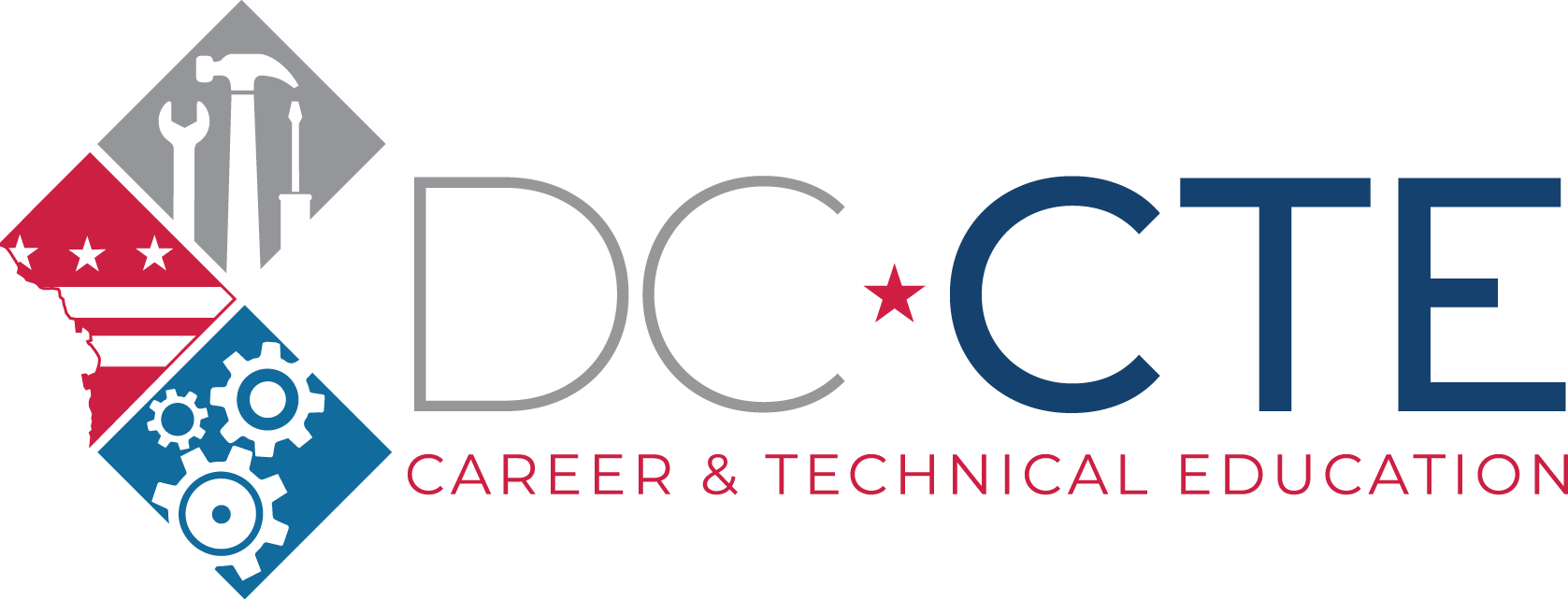Every CTE Program of Study offered through DC CTE provides students real-world experiences that lead to the opportunity to earn an in-demand Industry Recognized Credential (IRC). IRCs are the demonstration of knowledge and skills learned throughout a student’s time in their chosen CTE program of study and the beginning of a lifelong career of achievement in the student’s chosen field. Students who earn one or more IRC in high school have more job prospects, increased marketability to employers, and many postsecondary schools translate IRCs to college credit—which saves students time and money—all by the time they graduate high school!
DC CTE currently offers 60 Industry Recognized Credentials for high school students that…
- are student-focused.
- are widely recognized by business and industry and appear in a substantial number of job postings for relevant occupations.
- support students to advance in their career and financially.
- are stackable — which means there are levels to credentialing and achievement.

